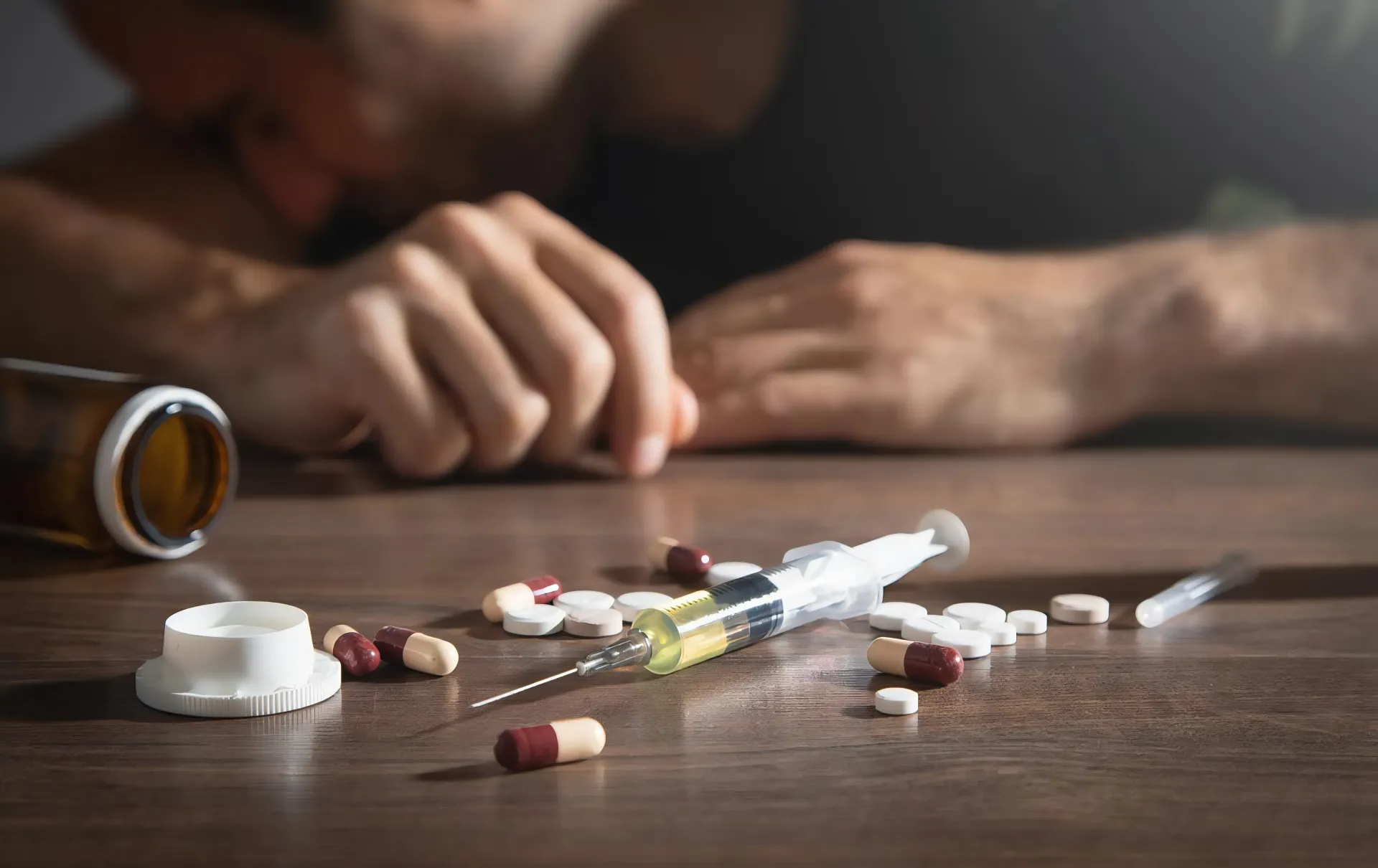Explore Our Blog
10 Facts About Addiction – Part 3: Addiction Is a Disease
Advance Minds Blog
A safe space to explore subjects within the community such as mental health, substance abuse and personal identity.
Our safe space also provides the opportunity for real individuals to express their hardships and success through writing.
Addiction is a chronic brain disorder, not a moral failing.
It affects the brain’s reward system, decision-making, memory, and impulse control.

Over time, the brain becomes wired to prioritize the substance, even when it leads to negative outcomes.
This shift in brain function helps explain why people continue using despite knowing the risks — it’s not simply a choice anymore.
🧪 The Science Behind Addiction
Substance use changes how the brain functions:
🧠 Increased dopamine floods the brain’s reward system
🔁 Repetition strengthens harmful habits
🚫 Natural rewards (like food or relationships) lose impact
💔 Impulse control weakens over time
These neurological changes help explain the compulsive behavior we often see in addiction.
⚖️ Ending the Shame and Stigma
When we treat addiction as a disease, we reduce shame and increase understanding:
🫥 Less blame and judgment
🏥 Greater focus on treatment and care
📣 More willingness to ask for help
🧏♀️ Improved empathy from families and communities
This shift in mindset is essential for both healing and prevention.
🩺 Medical Treatment Is Essential
Like other chronic diseases, addiction often requires a mix of:
💊 Medication to manage cravings or withdrawal
🧠 Therapy to address underlying issues
👥 Peer and group support
🔄 Ongoing monitoring and relapse prevention
Treatment is most effective when it’s holistic and personalized.
🤝 How Families Can Respond
Understanding addiction as a disease helps loved ones respond with compassion rather than anger:
💬 Avoid blaming or shaming
🧩 Offer support and structure
📚 Educate yourself about addiction science
🫂 Encourage professional help when needed
Support makes recovery possible — judgment pushes people further away.
🛠 Recovery Is Still Possible
Though addiction is a disease, it’s one that can be managed:
🎯 People can regain control
🏗 Rebuild relationships
🌱 Restore mental and physical health
💪 Create a meaningful life in recovery
The goal is not to “cure” addiction but to live successfully with the tools to stay sober and healthy.
🌈 Final Thoughts ✨🧩
When we understand addiction as a disease, we open the door to hope, healing, and effective treatment.
This perspective empowers individuals to seek help without shame — and empowers families, friends, and professionals to respond with care instead of criticism.
Recovery becomes possible not through judgment, but through understanding and support.

















